For a lot of, online dating has started to become old and fatigued. And considering the outsized character it takes on in lives of queer individuals — undoubtedly, it will be the top manner in which same-sex people meet, and takes on an equivalent part various other queer forums — it’s wise that queer men and women might come to be specially frustrated by what’s being offered from internet dating app sector now.
In the end, what exactly are we really doing on online dating programs? We possibly may invest several hours distractedly scrolling through photographs of strangers attempting their very best to check adorable, in what is like an online charm competition that nobody actually victories. What swiping feels gross — like you’re throwing men and women aside, over-and-over, who have finished only making themselves susceptible within their find hookup. What’s worse, the best-known queer dating apps in the market are advertised towards homosexual people, and quite often unfriendly towards trans everyone and individuals of color. Some programs need established to give you an alternate for non-cisgender communities, like Thurst, GENDR, and Transdr, but nothing provides surfaced as a market frontrunner. Even though a minumum of one app supplies an alternative for queer lady, labeled as HER, it might be nice for one or more some other solution.
For photograph publisher Kelly Rakowski, the answer to solving Tinder burnout among an innovative new generation of queer females and trans anyone could put in trying the last — specifically, to personal ads, or text-based advertisements typically based in the backs of magazines and publications. Ages before we actually ever swiped leftover, uploaded on Craigslist or signed on the web at all, they offered as one of the main tips everyone receive enjoy, hookups, and latest company. Also to Rakowski’s wonder, the style is actually not dead.
In 2014, Rakowski launched @h_e_r_s_t_o_r_y, an archival Instagram profile in which she uploaded early pictures of lesbian people, protest imagery and zines, and. The supporters at some point bloomed inside thousands and thousands. Alongside their historical material, Rakowski would upload text-based personals from mags popular among queer females and trans folks in the ‘80s and ‘90s, like Lesbian relationship and On Our Backs. The ads had been witty, usually filled with two fold entendres or wink-wink references to lesbian stereotypes; “Black lesbian feline fancier seeks comparable” reads one, while another supplies a “Fun-loving Jewish lesbian feminist” looking for “the supreme Shabbat on saturday night.” No images or contact info had been attached — just a “box wide variety” that respondents can use to reply through magazine’s article associates.
From the brand-new websites for PERSONALS, it’s clarified the application was “not for right people or cis people.” Rakowski wants homosexual cisgender men to hold again for the moment, though she may think about growing the app down the road. “i actually do like it to be an even more queer lady and genderqueer-focused app, a lot more based in the lesbian society part to start out. I absolutely find that we need someplace definitely only ours,” claims Rakowski.
“PERSONALS is prepared for lesbians, trans boys, trans female, nonbinary, pansexuals, bisexuals, poly, asexuals, & additional queer beings,” reads the writing on the internet site. “We motivate QPOC, people with youngsters, 35+ group, outlying queers, people who have handicaps, people who have persistent diseases, worldwide queers, to participate.”
At a future Brooklyn introduction celebration for your PERSONALS application, Rakowski plans to deliver a  limited-edition papers comprised totally of advertisements she’s was given from neighborhood nyc queer folks.
limited-edition papers comprised totally of advertisements she’s was given from neighborhood nyc queer folks.
“I imagined it would be a truly fun which will make a throwback to magazine personals,” states Rakowski. “And furthermore attractive your those that have written the personals will be attending the party. You’ll circle the personals you’re into.”
Some people just who provided ads, she says, might be participating in the party — but since the ads all are text-based, partygoers won’t fundamentally know if the individual they’re communicating with is the identical one whoever crafting piqued their attention. That’s section of why the idea of PERSONALS feels thus different from additional dating software; it’s a manner of decreasing the internet dating skills, of providing back once again some secret, chase, and development. There’s no quick want to reject individuals like on a photo-based swiping software. As an alternative, we are able to see all adverts one-by-one — whether as seekers or as voyeurs — and relish the creativity and elegance that gone into creating each of them.
That’s that was therefore fun about personal advertising in the first place. You don’t have to be looking for sex or love to delight in reading them. You just have to be looking for a great time.
Mary Emily O’Hara is actually a journalist covering LGBTQ+ splitting reports for them.
